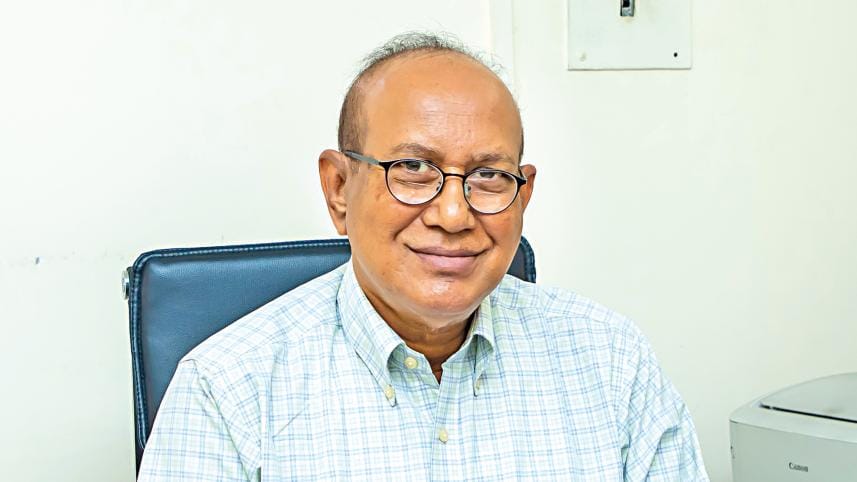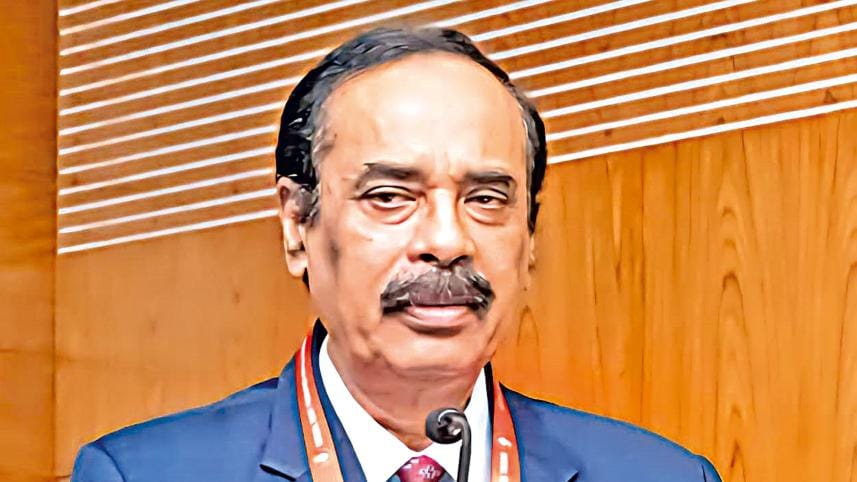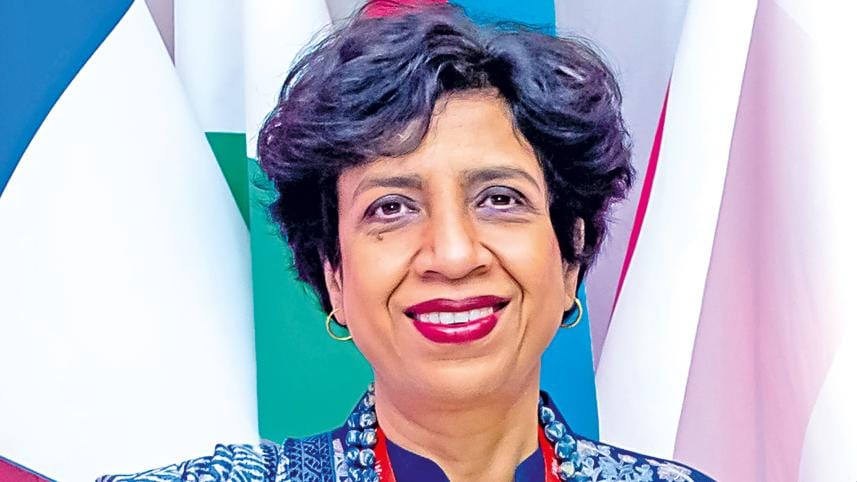World’s No.1 Silent Killer

Professor Khondkar Abdul Awal (Rizvi)
President, National Heart Foundation of Bangladesh
"Adopt a healthy lifestyle, manage stress, and protect your environment because your heart health depends on it."
Professor Khondkar Abdul Awal (Rizvi), President of the National Heart Foundation of Bangladesh, emphasizes the importance of the day. He reminds us that heart disease and stroke remain the world's leading killers, claiming 20 million lives globally each year, with nearly 200,000 deaths in Bangladesh alone.
"Non-communicable diseases such as heart disease, diabetes, chronic lung disease, and cancer now account for 70% of all deaths in Bangladesh," he explains. "But there is a silver lining; most heart conditions are preventable."
Prevention rests on several key pillars: eating a balanced diet, exercising regularly, avoiding tobacco and alcohol, managing stress, and maintaining a clean environment.
On World Heart Day, Bangladesh's health leaders are spotlighting the urgent need for awareness about cardiovascular disease (CVD), the country's most critical health challenge. The Daily Star sat with the doctors to discuss the importance of prevention versus cure.
At the same time, he highlights systemic challenges. Bangladesh spends only 1% of its GDP on healthcare, among the lowest in the region. Even these limited funds are often underutilized.
With 70% of healthcare delivered by the private sector, he calls for the establishment of a national health insurance system to protect citizens from catastrophic medical costs.
This year's global theme, "Don't miss a beat," stresses the need for vigilance at every stage of heart health.

Professor Farooque Ahmed
Chief Consultant Cardiac Surgeon
National Heart Foundation Hospital & Research Institute
"Prevention is better than cure. Avoid unhealthy habits before they place you on the operating table."
From Humble Beginnings to National Progress
Looking back at the country's medical journey, Professor Dr. Farooque Ahmed, Chief Consultant Cardiac Surgeon, recalls how limited resources once were. "In 1981, on average, about 160 to 180 heart surgeries were performed annually in Bangladesh," he says. "Last year, the number surpassed 18,500."
Despite this impressive growth, the demand is still unmet. At least 25,000 surgeries are required each year to serve Bangladesh's population adequately.

Professor Fazila-Tun-Nesa Malik
Chief Consultant Cardiologist
National Heart Foundation Hospital & Research Institute
"You've got only one heart, take care of it."
Women and Heart Disease
Professor Dr. Fazila Tun-Nesa Malik, Chief Consultant Cardiologist, challenges the misconception that heart disease is primarily a "man's disease." She emphasises that women face unique risks, particularly after menopause.
"Before menopause, estrogen protects women by maintaining healthier cholesterol levels, glucose metabolism, and arterial flexibility," she explains. "After menopause, estrogen levels drop, and women's risk of cardiovascular disease rises sharply, becoming equal to men's."
Another challenge is that women often experience atypical symptoms of heart disease, like fatigue, palpitations, or shortness of breath, rather than the classic chest pain. This leads to delayed diagnosis and treatment. Pregnancy-related heart complications add further risk.
Dr. Malik describes a heart attack as a sudden blockage in a heart artery caused by a blood clot. "The priority is to restore blood flow as quickly as possible," she stresses. In Bangladesh, where specialised facilities may be limited, she advocates for a 'pharmacoinvasive strategy' giving clot-busting medication immediately at the nearest clinic before transferring the patient to a cardiac center.

Professor Tawfiq Shahriar Huq
Senior Consultant Cardiologist
National Heart Foundation Hospital & Research Institute
"Never ignore symptoms like fatigue, palpitations, or breathlessness. Consult a doctor, not friends or neighbors."
New Frontiers and Unseen Challenges
Dr. Tawfiq Shahriar Huq, Senior Consultant Cardiologist, draws attention to two under-discussed but urgent issues.
The first is the growing incidence of heart disease among young Bangladeshi migrant workers. "These men and women often endure physically strenuous labour, poor diets, and intense stress from family separation," he explains. "Most have no access to healthcare abroad, and their visas rarely cover health insurance."
The second issue is congenital heart disease in children. Dr. Huq reveals that an estimated 300,000 Bangladeshi children are born with heart defects each year. Due to a lack of awareness and the limited availability of specialised pediatric cardiac care, many of these cases end in preventable deaths.



 For all latest news, follow The Daily Star's Google News channel.
For all latest news, follow The Daily Star's Google News channel.
Comments